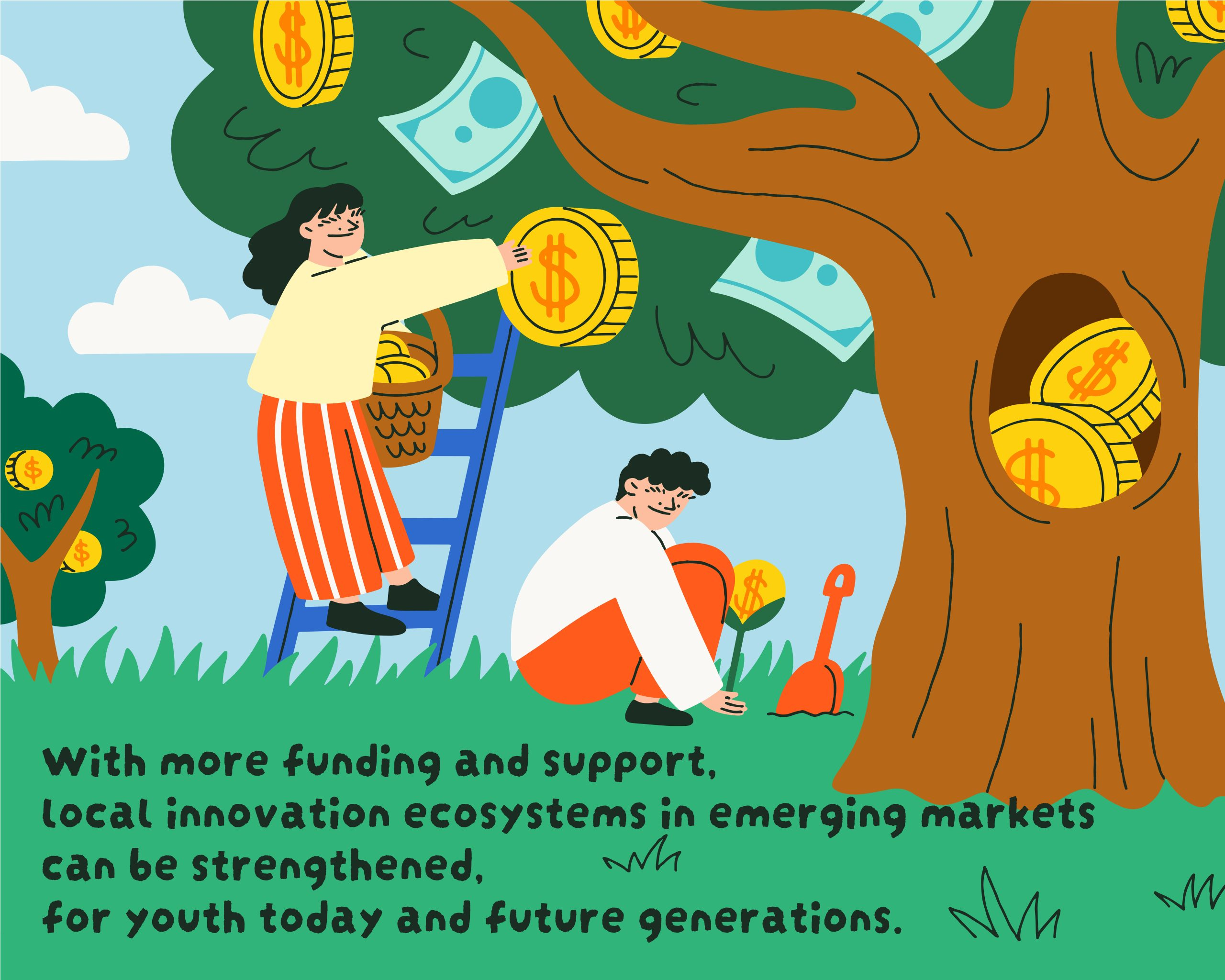Enhancing skill-based learning through education equity
In today’s global market, the demand for highly skilled workers is continuously growing. Along with technological advancements and an ever-changing economy, the need for individuals with specialized skillsets has become increasingly crucial. However, not everyone has equal access to quality education and training opportunities, leading to a gap in skill-based learning and hindering their chances of success. Education equity addresses this issue by providing an inclusive learning environment that caters to the unique needs of each student, ultimately promoting skill-based learning and maximizing individual potential. In this article, we will explore the concept of education equity and how it can enhance skill-based learning opportunities for all individuals.
Understanding Education Equity
Education equity refers to creating an equal and inclusive learning environment that gives every student an equal opportunity to reach their full potential. It looks beyond providing equal resources and opportunities to all students and recognizes the unique needs and circumstances of each student. This approach takes into account various factors such as race, gender, socioeconomic status, and learning abilities, and aims to bridge the equity gap in education.
Importance of Education Equity in Skill-Based Learning
Skill-based learning goes beyond traditional academic subjects and focuses on developing practical skills, industry-specific knowledge, and soft skills necessary for success in the workforce. However, individuals from marginalized communities often face barriers in accessing quality education and training opportunities, leading to limited skill development and hindering their chances of employability.
Education equity plays a crucial role in addressing these barriers and providing equal opportunities for all students to acquire and enhance their skills. It enables students from different backgrounds to have access to the same quality education and training, regardless of their economic background or demographics. This approach promotes diversity and inclusivity in the workforce and allows individuals from marginalized groups to participate in and contribute to the economy.
How Education Equity Enhances Skill-Based Learning
By promoting education equity, individuals can access various educational resources and opportunities that enable them to develop and enhance their skills. Some of the ways in which education equity can enhance skill-based learning include:
1. Identifying and Addressing Individual Needs
Education equity recognizes that every student has unique learning needs and acknowledges the barriers that may prevent them from reaching their full potential. By understanding these needs, educational institutions can provide personalized learning experiences that cater to the individual learning styles and abilities of students, ultimately promoting skill development.
2. Providing Equal Access to Resources and Opportunities
Education equity ensures that individuals have access to the same quality resources and opportunities to develop their skills. This includes access to technology, learning materials, and experiential learning opportunities, which are vital for skill-based learning.
3. Encouraging Inclusivity and Diversity
Education equity promotes inclusivity and diversity in the classroom, ensuring that all students feel accepted and valued. People from different backgrounds and cultures bring unique perspectives and experiences, leading to a diverse and enriching learning environment that enhances skill-based learning.
4. Fostering a Growth Mindset
Education equity promotes a growth mindset in students, encouraging them to constantly strive for learning and skill development. It instills a belief that with dedication and effort, one can learn and improve, ultimately promoting continuous skill-based learning.
Conclusion
Education equity aims to level the playing field and provide equal opportunities for all individuals to access quality education and training. By promoting inclusivity, diversity, and acknowledging the individual needs of students, education equity enhances skill-based learning and enables individuals from all backgrounds to reach their full potential. It is essential for creating a skilled and competent workforce and driving economic growth and progress.










